Together, Decorex and the Sleep & Eat event hosted an online event focused on hospitality: 17-19 November 2020. To whet the design palate, their platform shares online conferences first shown at Designscape 2020.
In anticipation of the online event, the organizers of the Sleep & Eat event and Decorex put together an ensemble of online conferences originally shown at Designscape 2020. While certain areas of the design world were already shifting, we can expect more change following the current events of 2020. During online conferences, professionals discussed new luxury and the Great Reset in hospitality.
MORE: Of our articles on the Sleep & Eat event here.
New Luxury and Its Many Facets
The conversation on new luxury is promising for some and disappointing for others. The days of simply making objects shine, of displaying one’s wealth, of vaunting one’s antiques, might have come to an end.
“Luxury is subjective today. It’s different for everyone,” said Staffan Tollgard, co-founder of Tollgard Designs. “It’s something everyone can achieve but it will mean different things to them.”
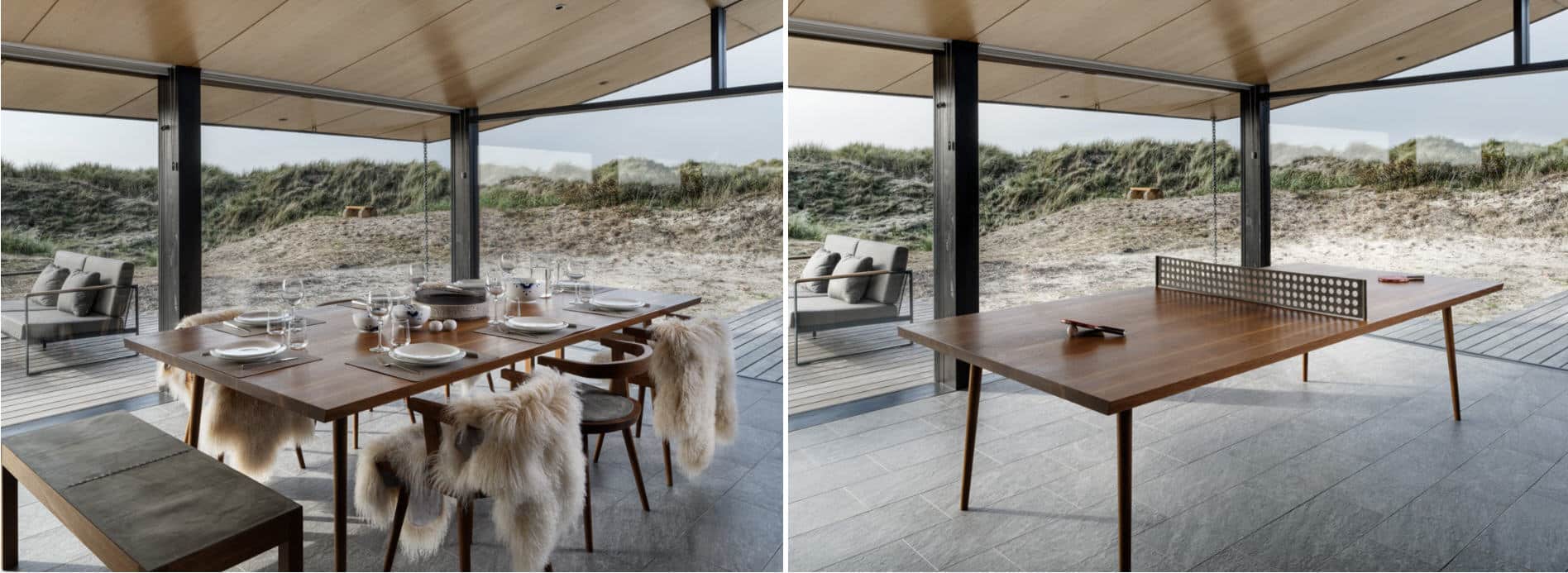
One of the major shifts is in regards to sustainability, according to Karen Howes. Luxury products must be well-made and although such products are often expensive, the high price doesn’t equate well-made, and the same goes for the tag “by hand”.
“By hand doesn’t necessarily mean better made than if it were made by machine. It’s also about originality and uniqueness,” said Karen Howes.
READ: Tollgard features on Luxdeco Top 100 Interior Designers of 2020
What has changed over the years?
“MBF dipped in gold. We had this thing in the early 90s where we tried to make everything shiny,” said Staffan Tollgard. “Authenticity has become really important now. If it’s an old piece, you understand its heritage. For new pieces, it has a narrative around it. You understand who’s made it, what it is and how it got to you. Uniqueness and authenticity in luxury is something that makes you feel good much more than a branded piece that has a name on it.”
“Luxury is not following a trend but you carving out what luxury is to you,” said Tollgard. Clients don’t necessarily want the same piece as their friend, like before. Now, they want a piece that speaks solely to them.
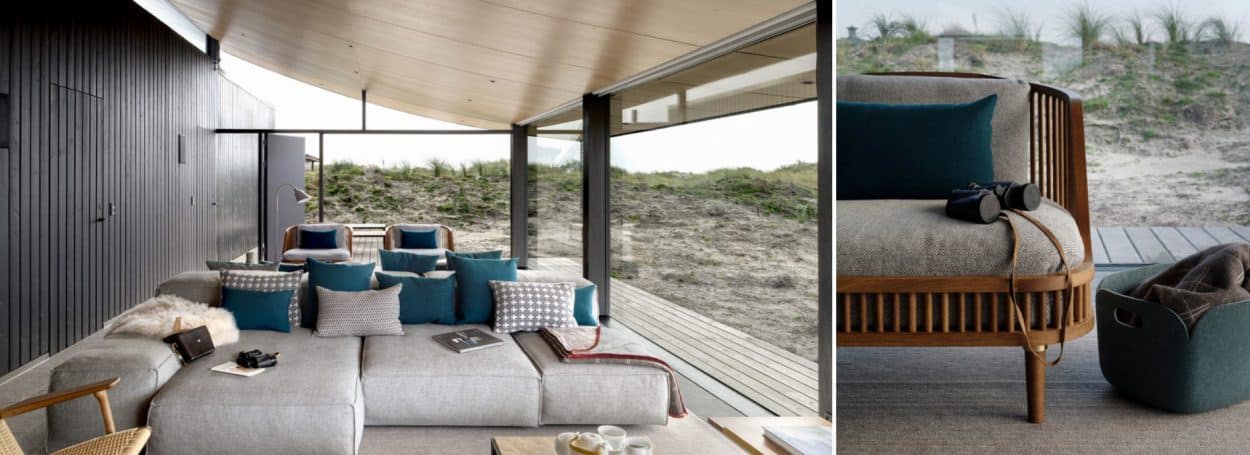
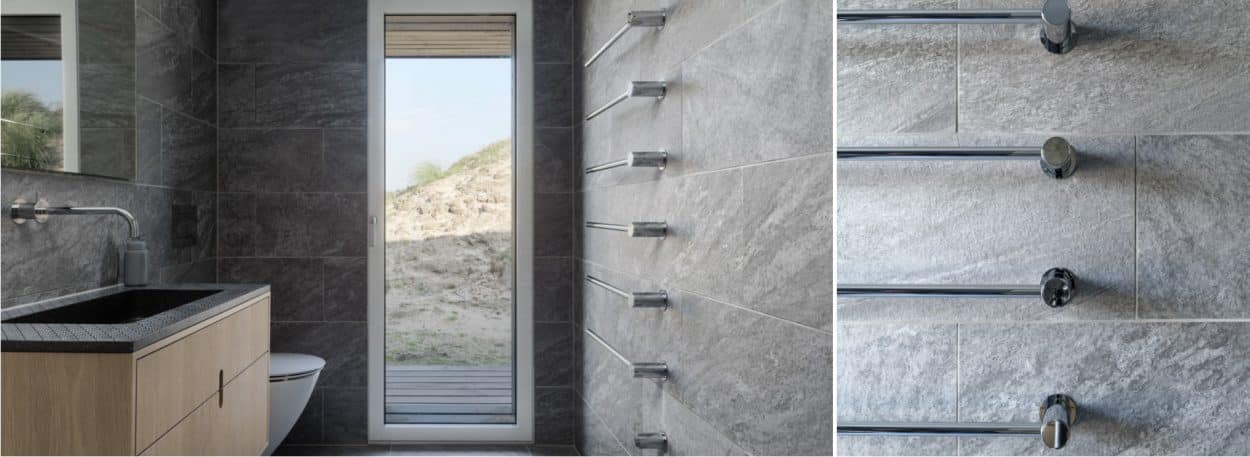
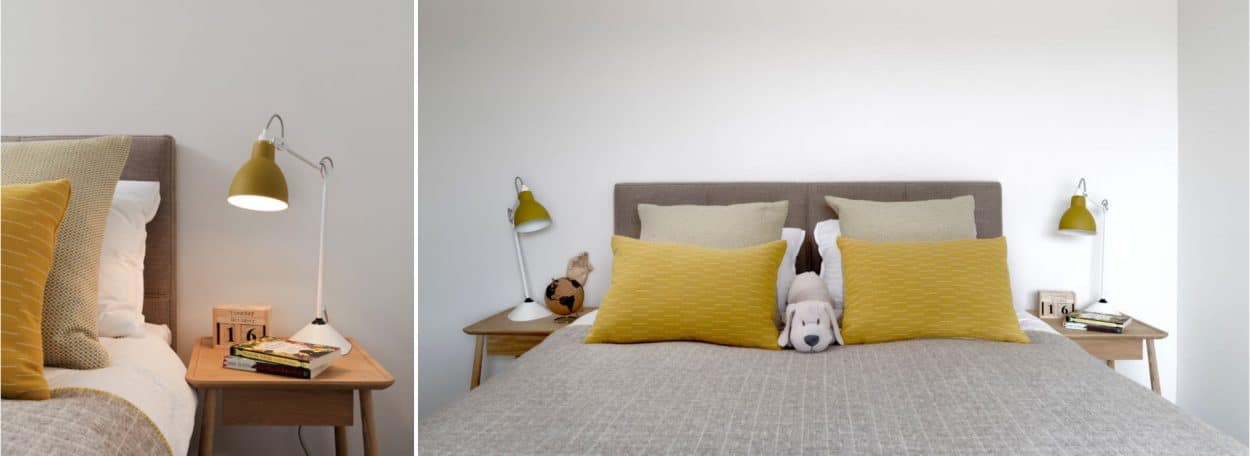
“With COVID, everyone has had their eyes on their home. Luxury now is being able to work from home in the peace and quiet—alone—inside or in the garden,” said Tollgard.
Space is luxury, according to Karen Howes. Her clients realize this more and more as they request work with requirements that are much different from what they would have been six months ago.
“Clients realize even more that their home is their special place. The home study and dining room had disappeared but they’re now back.”

The younger generation is another story. According to Shalini Misra, their notion is very different from those of the past.
“They don’t see luxury as ostentatious or an accumulation of goods. They use luxury as an adjective to describe some very holistic notions. The luxury of being healthy, creating an atmosphere that’s healthy. The luxury of peace, the quietness that’s coming in because of COVID now. The luxury of being around beautiful surroundings, being in beautiful natural surroundings, this connection between your landscape and interior, how to bring plants and nature inside,” said Shalini Misra.
The current situation has done more than strengthen the alteration of the definition of luxury. It has turned off the switch to past habits for travel.
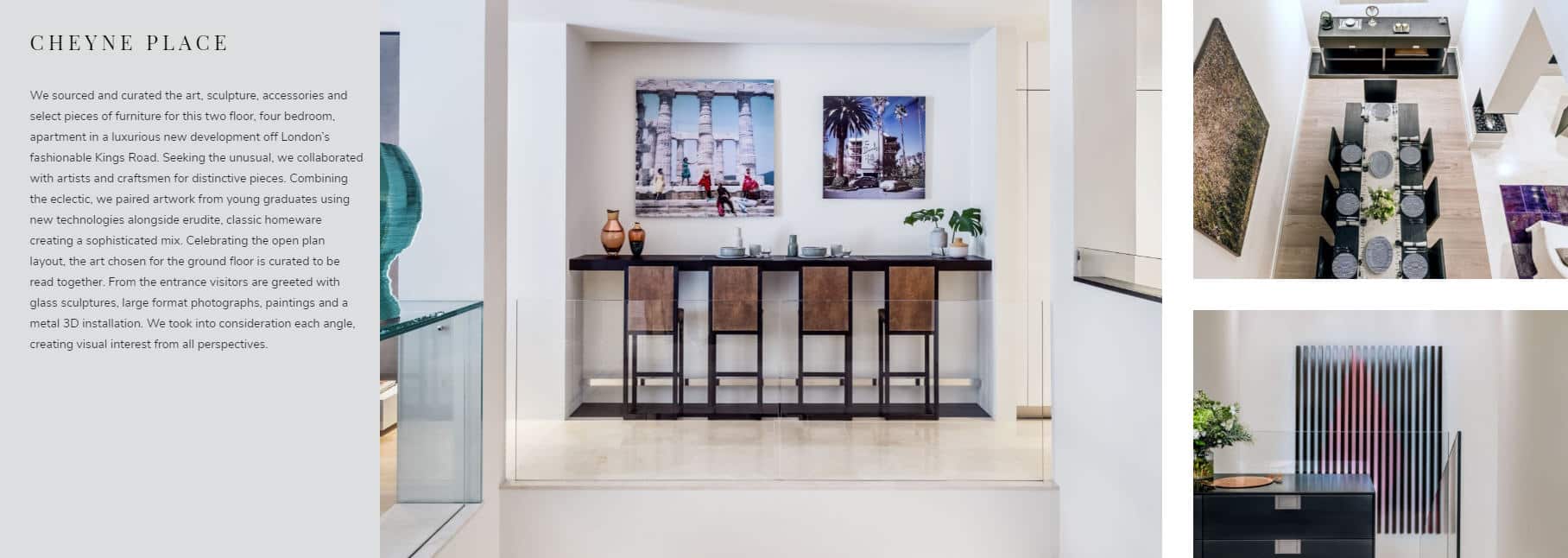
According to Staffan Tollgard, hospitality has changed and will continue to do so. He has seen that people are viewing travel in different ways and those who have the means are considering buying new vacation homes in which to stay in order to avoid staying in hotels with other people, a concern caused by the COVID scare.
“Those who have had one or two homes are now starting to buy a third or fourth.”
So what is the future of hospitality in the midst of a changed mindset of new luxury?
The Great Reset In Hospitality
The Great Reset is a big word these days. It appeared during the World Economic Forum and now in an online discussion about hospitality. According to the speakers, the marketplace will change and there will be a new set of rules.
We might not see the buffet-style restaurant layout again as people no longer wish to have other people hovering over their food.
What does that mean? Well, the reconfiguration of lobby seating, the restaurant dining area and even guest services—to name a few.
“With the Great Reset, we’re looking at what worked well in our industry, what by force needs to be changed and what is, in time, speeding up,” said Michael Levie, Chief Operations Officer and Founding Partner of CitizenM.
“And I think that an industry that’s already fighting for cap backs—dollars, euros—to have their property shine and look cool, it’s not helping,” continued Michael Levie.

He was not alone in his understanding that investments might not be on their side in regards to the hospitality industry.
“For some time, there isn’t going to be huge investment in new shiny renovations and projects,” said Matt Seal, Senior Director, LUXURY Brands at Marriott International. “The staff is going to be able to, hopefully, fill that gap with genuine service and care of guests.”
Since the COVID wave began in Asia, travel in certain Asian countries has picked up over the last few months. Europe has not yet followed suit, although some travel bans have been lifted and certain cities have benefited slightly.
Ed Bakos, CEO, Champalimaud Design_____Designscape, recently went to Switzerland from New York to oversee a project.
“We’re rethinking what services guests will receive and how.”
In terms of design, according to Bakos, this means what type of seating and arrangement will be used, how the team will go about cleaning and what cleaning program will make people feel more comfortable.
“It’s about physical comfort as well as cleanliness.”
WATCH: The full discussion here. In a collaboration between Decorex and Sleep & Eat, this session was first shown at Designscape 2020.
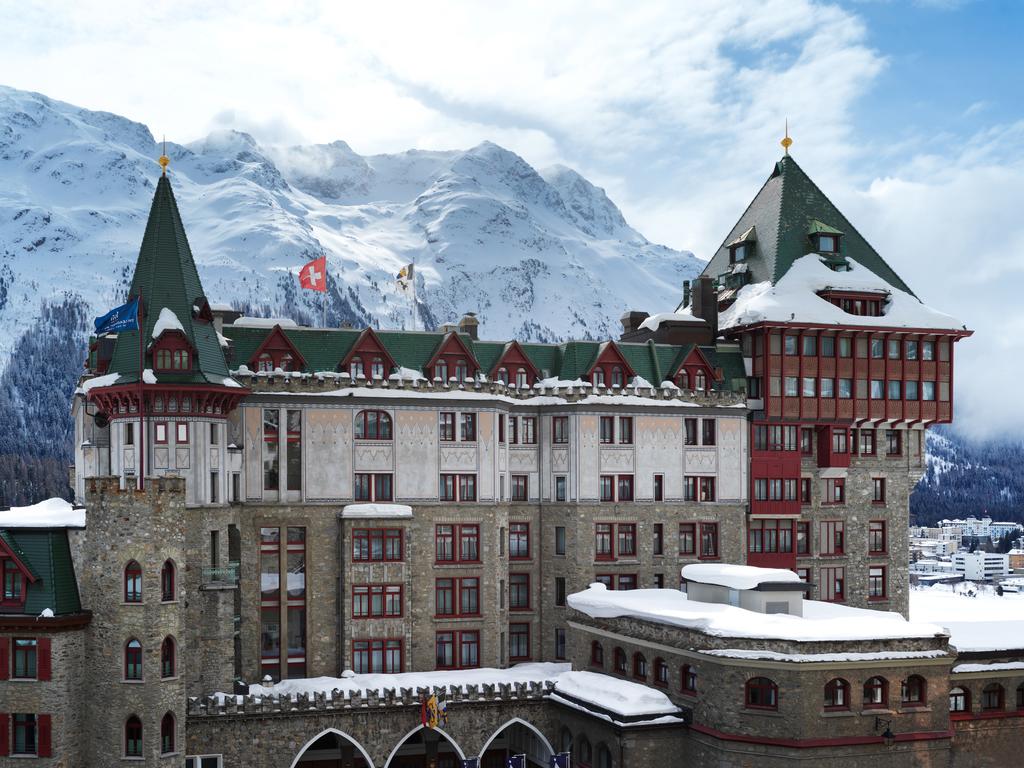
According to Michael Levie, we can expect to see more digitizing and better use of technology in hotels.
“There’s a change in how service gets delivered,” said Levie.
“There were trends that were emerging,” said Matt Seal, joining Michael Levie on this point. “Technology was already there. It was evolving but it needs to become more app-based, more personal-based rather than built-in technology to guest rooms. We do have apps on which you can book a room, but it needs to go further.”
The idea is to limit human interaction by making some decisions through smart applications, such as ordering meals.
“It’s possibly already there,” continued Matt Seal. “We have some of that in our meeting room apps. We can call up additional coffee or what have you through the app. For some of our hotels, we already have a mobile guest key so you can gain access to the room without going through the formal check-in procedure. There was already a move to roll this out across the world. We are converting many properties over to it. I think this is going to speed it up.”
However, as Ed Bakos mentioned, humans are social creatures so this might not seem to be the greatest long-term solution. The way in which we engineer experiences, even in respect to the current situation, is important: memorable meals, special moments. Social spaces are key.
“There are near-term things that could be done to create distancing or enhance our perception of security within spaces,” said Ed Bakos, “but I do think there will be aspects of this that will continue after,” a certain point.
“As business starts to come back, those who are in the proper locations where there is a minimum need to rely on public transportation or taxis, they’re going to do well,” said Michael Levie.












